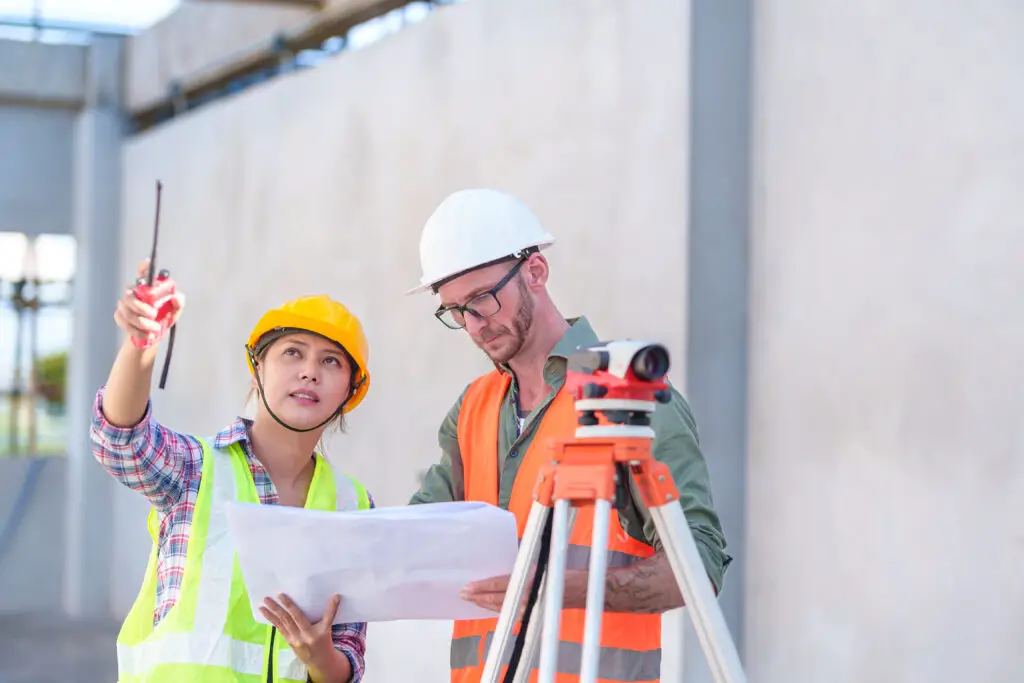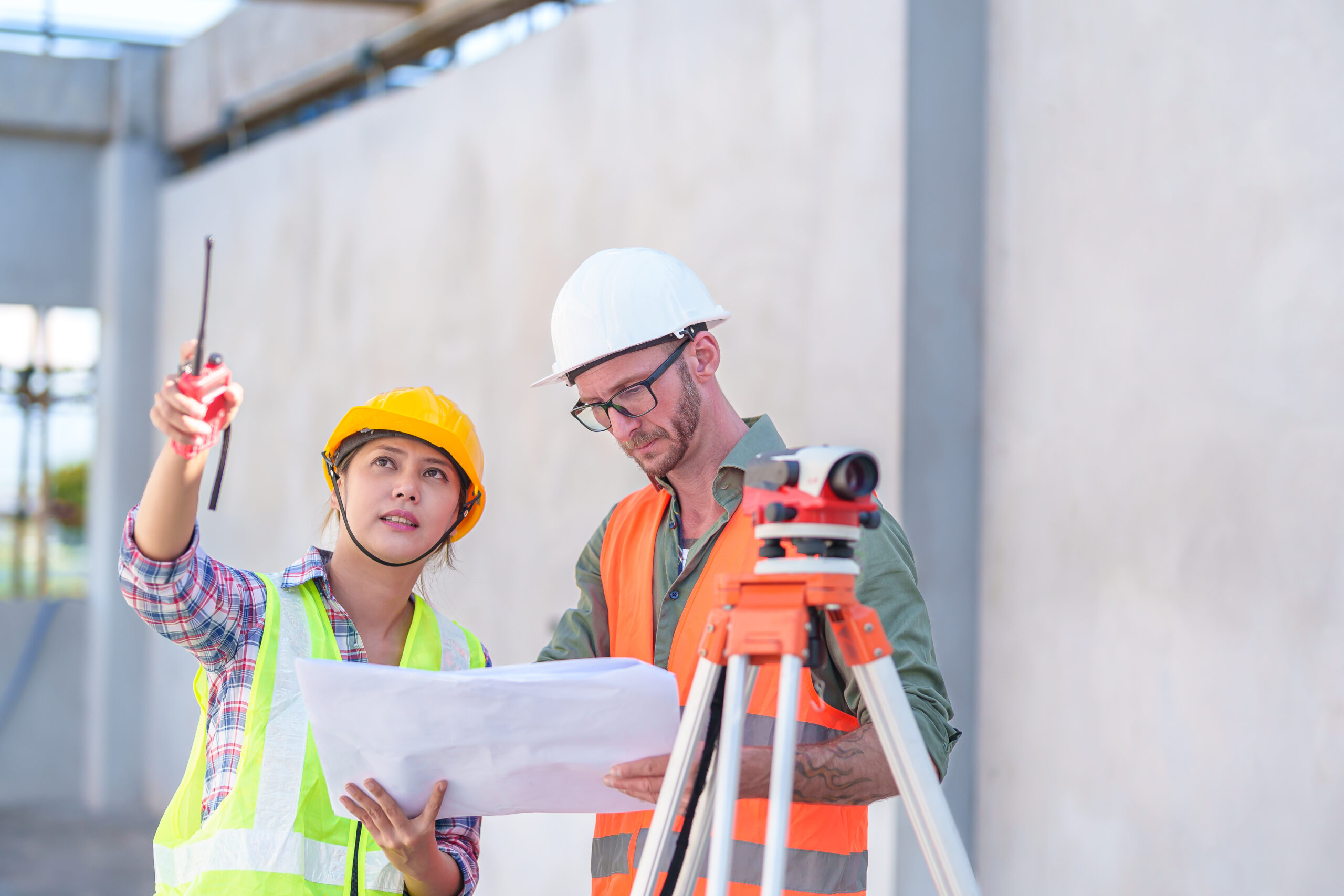A commercial property inspection is crucial in purchasing, leasing, or managing a commercial establishment. Just like a residential inspection, its primary purpose is to uncover potential problems and provide valuable insights into the property’s overall condition. By identifying any underlying issues, you can make a well-informed decision, negotiate the best terms, and plan for future maintenance or repairs.
The inspection process can be extensive and thorough. But by knowing what to expect, you can approach the inspection with confidence, ask pertinent questions, and address any concerns that may arise.
In the following sections, we’ll discuss the key components of a commercial property inspection, providing a clearer picture of what to anticipate during this necessary procedure.

Understanding The Inspection Process
Before diving into the details of what to expect during an inspection, it’s essential to understand the process itself. A professional inspector will evaluate the property’s condition and identify potential issues. This assessment will include the building’s structural integrity, safety features, and mechanical systems, among other elements.
During the inspection, the inspector will examine the property’s interior and exterior, taking note of any concerns. You’ll receive a detailed report outlining their findings, which will help you make an informed decision.
Hence, to get started with a commercial property inspection, take the time to find a reputable inspector and ensure that your property is a sound investment for your future.
What To Expect From A Commercial Property Inspection
Now that you understand the process, it’s time to familiarize yourself with the different components of a commercial property inspection. These can include:
Structural Inspection
A key component of any commercial property inspection is the evaluation of the building’s structure. This includes examining the foundation, walls, ceilings, and floors for any signs of damage or wear. An inspector will look for cracks, settlement issues, or water damage that could compromise the building’s stability.
The inspector will also assess the roof for defects, such as leaks or damaged materials. By ensuring the structural integrity of a building, for example, you can maintain the safety and value of your investment.
Like Us on Facebook!
Mechanical And Electrical Systems
Another essential aspect of a commercial property inspection is the evaluation of the mechanical and electrical systems. Inspectors will check the heating, ventilation, and air conditioning (HVAC) systems to ensure they’re in good working order and meeting industry standards. They’ll also assess the plumbing systems, looking for any signs of leaks, corrosion, or other issues that could lead to costly repairs or replacements.
Subscribe Us on YouTube!
When it comes to the electrical systems, inspectors will examine the wiring, electrical panels, and outlets for any signs of wear or potential hazards. This way, you can ensure these systems adhere to local codes and function properly, which is vital for the safety and efficiency of your commercial property.
Fire Safety And Protection
Fire safety and protection are critical components of any commercial property inspection. Inspectors will evaluate the building’s fire alarm systems, sprinklers, and fire extinguishers to ensure they’re functioning correctly and in compliance with local regulations.
Additionally, the inspector will assess the building’s overall design and layout for potential fire hazards, such as blocked exits or improperly stored flammable materials. Remember, maintaining a high level of fire safety is vital for protecting your investment and the well-being of the occupants.
Windows And Doors Inspection
Checking windows and doors is an important aspect of a commercial property inspection. These features not only impact the aesthetics of the building but also contribute to its overall energy efficiency, security, and functionality. Inspectors will carefully examine the condition of all windows and doors, paying attention to any signs of damage, wear, or improper installation.
During this process, the inspector will look for broken or cracked glass, damaged frames, and malfunctioning hardware. They’ll also evaluate the effectiveness of weatherstripping and caulking, as these elements are crucial for maintaining the building’s insulation and preventing drafts or moisture intrusion. Furthermore, the inspector will ensure that all entry and exit doors meet safety regulations and function correctly, which is essential for the occupants’ security and ease of access.
By thoroughly inspecting windows and doors, you can gain valuable insights into the property’s overall condition and identify any areas that may require maintenance, repair, or replacement, ultimately protecting your investment and ensuring the building’s long-term performance.
Accessibility And Compliance
Commercial properties must adhere to the local accessibility regulations of the place. Inspectors will examine the property for compliance with these laws, ensuring that individuals with disabilities can safely and comfortably access the building. This may include evaluating ramps, elevators, door widths, and restroom facilities.
Beyond compliance with local accessibility regulations, the inspector will also assess the overall compliance with local building codes and zoning regulations. Doing so ensures your property meets these requirements to help you avoid potential legal issues and fines.
Conclusion
A commercial property inspection is non-negotiable when leasing or buying a commercial space. By understanding what to expect during the evaluation, you can better prepare for the findings and make an informed decision about your investment. From structural integrity to compliance with local regulations, a thorough inspection can save you from potential headaches and financial losses down the line.




















